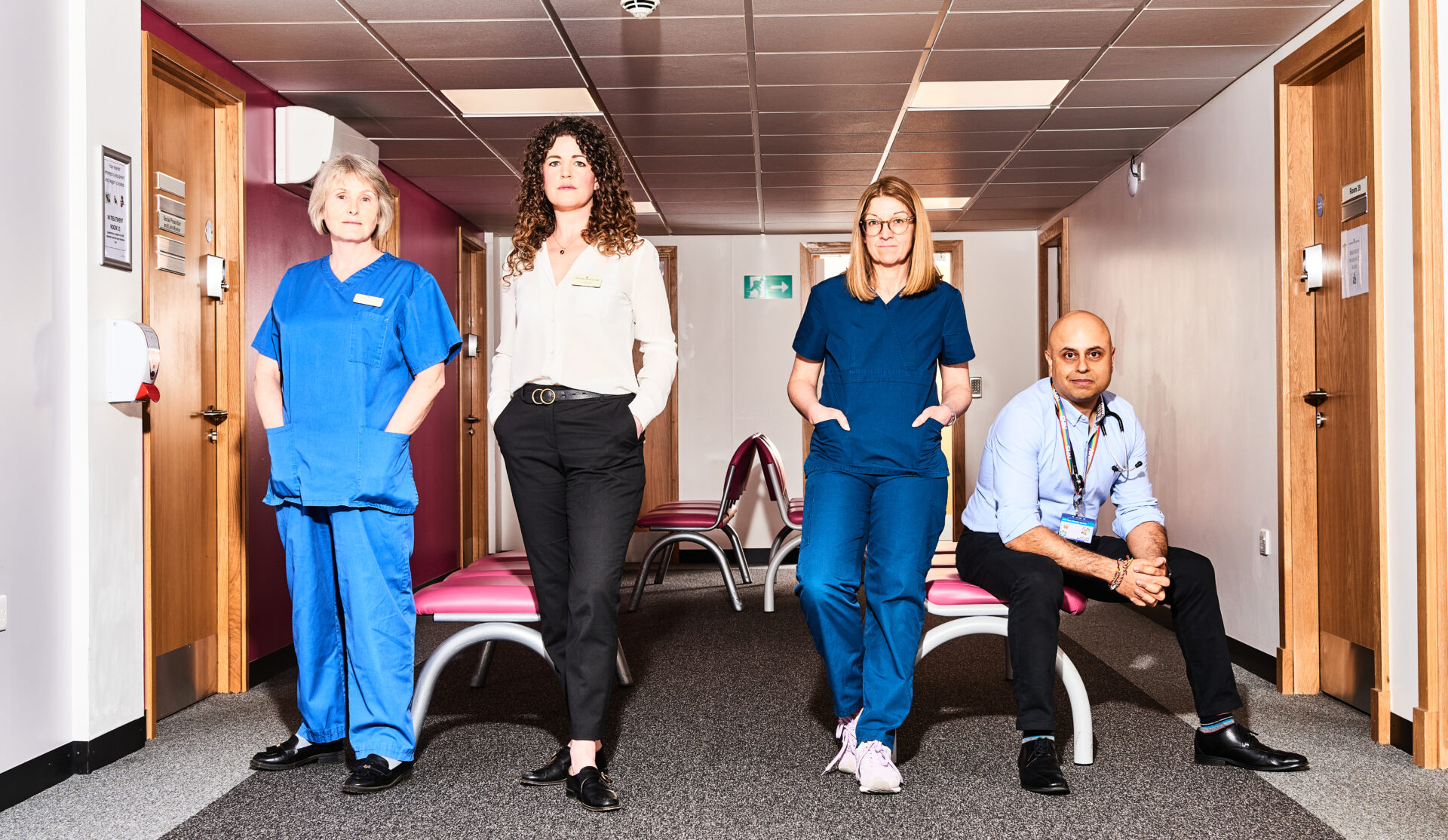Why are GPS quitting?
She said: ‘Some may feel over-burdened by the responsibility of a partnership, some may find it difficult to balance caring responsibilities with practice, and we know that many GPs leave before they had planned to because of burn out caused by unsustainable workload and workforce pressures.
Why are GPs in crisis?
More than 80% of GPs surveyed by the doctor's union BMA Cymru Wales' said they fear they are unable to provide quality and safe care to patients due to their excessive workloads, diminishing workforce, and the rising demands on the service.
How many GPs are quitting?
Is GP a stressful job?
GPs in the UK have some of the highest stress levels and lowest job satisfaction among family doctors, a 10-country survey has found. British GPs suffer from high levels of burnout, have a worse work/life balance and spend less time with patients during appointments than their peers in many other places.
Why do GPs leave direct patient care and what might help to retain them a qualitative study of GPs in South West England?
Our previous pilot research with older GPs (aged 50–60 years) identified four key themes that highlighted individual and job-related factors associated with decisions about remaining in general practice: early retirement is a viable option for many GPs; GPs have employment options other than undertaking direct patient …
Are GPs in crisis?
What challenges do GPs face?
The most common professional challenge reported by GPs is ensuring fair remuneration for skills and services provided (71%), followed by managing fatigue and burnout (58%), understanding and adhering to regulatory and policy changes (55%), and maintaining work–life balance (55%).
What percentage of GPs are private?
How many GPs do we need?
How many people do GPs see a day?
GPs are now regularly seeing at least 60 patients a day in a “new normal” for primary care as some doctors are forced to drive people to hospital themselves due to extreme ambulance delays.
Are GPs really overworked?
What are the disadvantages of being a GP?
What is the hardest job as a doctor?
Neurosurgeons can directly touch, alter, and enhance the central nervous system. Though it has one of the most difficult lifestyles, as one might be summoned into a hospital at the last minute to save someone's life, it is an intellectually stimulating and fascinating field with an exciting career.
Why do GPS collect data?
To get a fix, your GPS receiver requires additional data for each satellite, called the ephemeris. This data gives very precise information about the orbit of each satellite. Your GPS receiver can use the ephemeris data to calculate the location of a satellite to with a metre or two.
How do GPS support patients?
The GP's role GPs assess, diagnose, treat and manage illness. They carry out screening for some cancers and promote general health and wellbeing. GPs act as a patient's advocate, supporting and representing a patient's best interests to ensure they receive the best and most appropriate health and/or social care.
What is patient centered care for GPS?
It describes healthcare that considers the needs, expectations and preferences of the individual patient, and places the patient at the centre of the GP consultation.
How many employees are quitting?
How many GPs can you have?
No, you can only be registered with one practice at a time. You might be allowed to sign up with a temporary GP while away for work or study and you can't access your local GP.
Do GPs get breaks?
GP workload Many GPs who did take breaks said that they continued to work throughout. One respondent said: ‘I manage to grab a short break (15-30 minutes) in the middle of my day to have lunch but this is often taken in front of a computer whilst reading emails or hospital letters so hardly constitutes a break. ‘
How many sessions do most GPs work?
Commissioned by the Department of Health, the research found 58.4 percent of GPs were working six half-days sessions or less, which amounts to three days per week overall.
Do GPs deal with mental health?
A GP will ask you about your mental health symptoms and maybe your physical health. GPs can offer you talking therapy services and medication, and other treatment and advice. GPs can refer you to others like specialist NHS mental health services, a link worker or a drugs and alcohol team.
What do GPs ask about mental health?
Your GP is likely to ask you questions about: your physical and emotional symptoms. any recent events that might be affecting how you feel. your drug and alcohol use and any thoughts of hurting yourself.
Why are GPs so busy?
Dr Howsam of RCGP said: “GP teams are working flat out to deliver increasingly complex care to the rising numbers of patients that need it. More consultations are consistently being delivered every month than before the pandemic, and nearly half of these on the same day they are booked.
Why aren t GPs doing face to face?
‘ ‘GPs become GPs to care for patients,' says Professor Martin Marshall, practising GP and Chair of the Royal College of GPs. ‘The switch to largely remote consulting was based on the Government's instructions for infection control purposes and to keep patients safe.
How many patients can a GP have?
This varied considerably, with some GP practices having several thousands of patients per doctor, and some having hundreds. The term “doctor” throughout this article refers to trainee and fully-qualified GPs.

